When in the Course of Human Events: Arguing the Case for Southern Secession
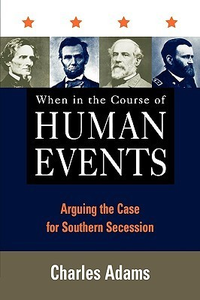
Summary
"When in the Course of human events, it becomes necessary for one people to dissolve the political bonds which have connected them with one another, and to assume among the Powers of the earth, the separate and equal station to which the Laws of Nature and of Nature's God entitle them, a decent respect of the opinions of mankind requires that they should declare the causes which impel them to the separation."
With these words, thirteen of the British colonies in North America unanimously declared independence from British rule. Eighty-five years later, adhering to principles articulated by their revolutionary forebears, the 11 Confederate States of America seceded from the United States, plunging the country into the bloodiest war of its history. Until the publication of this highly original book, most attempts to explain the origins of the American Civil War relied heavily on regional sympathies and mythology―that the South abandoned the Union to maintain slavery while President Lincoln's primary goal was to preserve the nation. Prominent scholar Charles Adams challenges this traditional wisdom.
Using primary documents from both foreign and domestic observers, Adams makes a powerful and convincing case that the Southern states were legitimately exercising their political rights as expressed in the Declaration of Independence. Although conventional histories have taught generations of Americans that this was a war fought for lofty moral principles, Adams' eloquent history transcends simple Southern partisanship to show how the Civil War was primarily a battle over competing commercial interests, opposing interpretations of constitutional rights, and what English novelist Charles Dickens described as "a fiscal quarrel."
Working from the premise that "wars have seldom been justified," Adams argues that the Civil War was an avoidable humanitarian disaster that nearly destroyed American democracy. This bold and controversial book will not only change how historians think about the causes of the Civil War bu
Similar Books
-
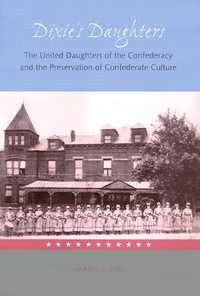
-
 The Battle for New York: The City at the Heart of the American Revolution
The Battle for New York: The City at the Heart of the American Revolutionby Barnet Schecter
-
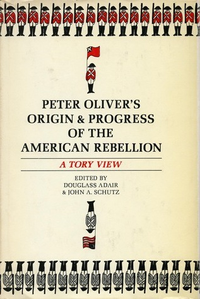
-
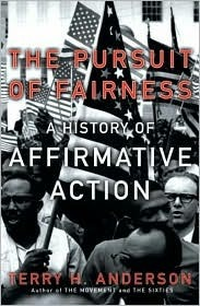 The Pursuit of Fairness: A History of Affirmative Action
The Pursuit of Fairness: A History of Affirmative Actionby Terry H. Anderson
-
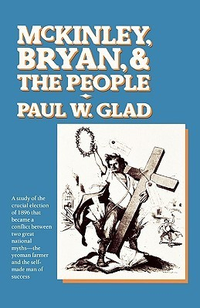 McKinley, Bryan, & the People
McKinley, Bryan, & the Peopleby Paul W. Glad
-
 Remembering War the American Way
Remembering War the American Wayby G. Kurt Piehler
-
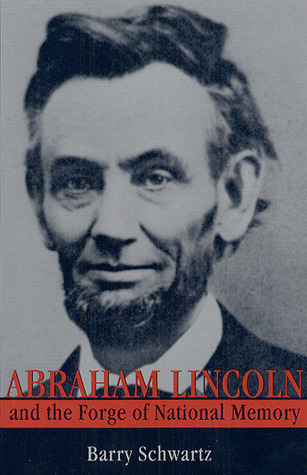 Abraham Lincoln and the Forge of National Memory
Abraham Lincoln and the Forge of National Memoryby Barry Schwartz
-
 Campus Wars: The Peace Movement At American State Universities in the Vietnam Era
Campus Wars: The Peace Movement At American State Universities in the Vietnam Eraby Kenneth J. Heineman
-
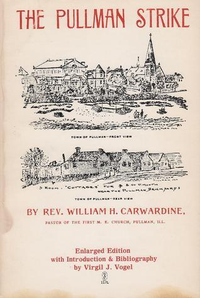 The Pullman Strike
The Pullman Strikeby William Horace Carwardine
-
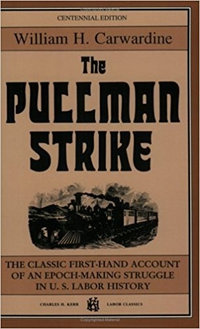 The Pullman Strike: The Classic First-Hand Account of an Epoch-Making Struggle in U.S. Labor History
The Pullman Strike: The Classic First-Hand Account of an Epoch-Making Struggle in U.S. Labor Historyby William Horace Carwardine
-
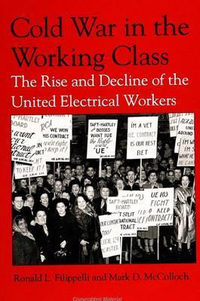 Cold War in the Working Class: The Rise and Decline of the United Electrical Workers
Cold War in the Working Class: The Rise and Decline of the United Electrical Workersby Ronald L. Filippelli
-
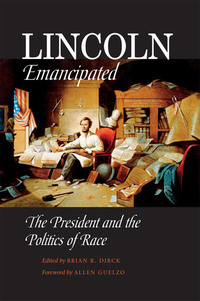 Lincoln Emancipated: The President and the Politics of Race
Lincoln Emancipated: The President and the Politics of Raceby Brian R. Dirck
-
 Dilemmas of Presidential Leadership: From Washington Through Lincoln
Dilemmas of Presidential Leadership: From Washington Through Lincolnby Richard J. Ellis
-
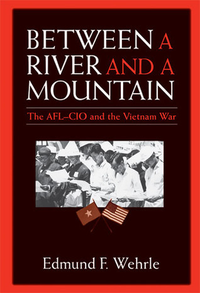 Between a River and a Mountain: The AFL-CIO and the Vietnam War
Between a River and a Mountain: The AFL-CIO and the Vietnam Warby Edmund F. Wehrle
-
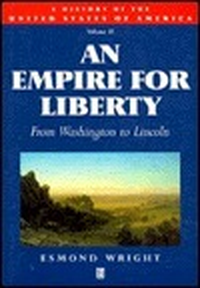 An Empire for Liberty: From Washington to Lincoln, Volume II
An Empire for Liberty: From Washington to Lincoln, Volume IIby Esmond Wright
-
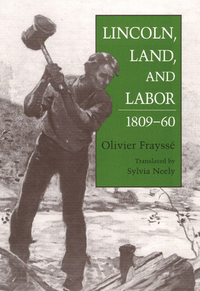 Lincoln, Land, and Labor, 1809-60
Lincoln, Land, and Labor, 1809-60by Olivier Fraysse